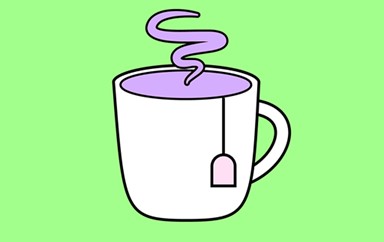In a contentious move to empower women in the dating world, the Tea app surged to the top of Apple’s U.S. App Store charts last week, allowing anonymous sharing of warnings about men’s “red flags”.
The celebration was short-lived as hackers struck, leaking thousands of private images online and sparking outrage over digital safety.
Tea Dating Advice Inc., based in San Francisco, swiftly confirmed the breach and enlisted cybersecurity pros to lock down their systems.
They assured users that no emails or phone numbers were compromised, urging calm without password changes. Yet, critics argue this response highlights broader failures in safeguarding vulnerable data.
The hack stemmed from an exposed legacy database, easily accessed by 4chan users who then dumped the material publicly.
Reports indicate the flaw affected archived data from before February 2024, exposing a glaring security lapse. This wasn’t sophisticated cyber warfare but a preventable oversight that betrayed user trust.
Founded in 2022 by software engineer Sean Cook after his mother’s harrowing dating experiences, Tea aimed to vet men for criminal records, catfishing, or hidden relationships.
Women hailed it as a “Yelp for dates,” with one reviewer dodging a man accused of assault thanks to shared alerts. Downloads skyrocketed 525% in mid-July, hitting 4 million users amid viral social buzz.
However, detractors slam Tea as a “man-shaming” vigilante platform that invades privacy and deters honest dating.
Legal experts note apps are shielded from liability for user posts under 1996 laws, but individuals risk defamation suits, but the anonymity of Tea users makes this difficult.
A recent Illinois ruling dismissed a similar privacy case against a Facebook group, leaving men with limited recourse.
The breach laid bare 72,000 images: 13,000 verification selfies and IDs, plus 59,000 from posts, comments, and messages.
Online forums buzzed with irony, as women decried the app’s failure to protect those it promised to shield. Some users mapped leaked IDs, amplifying fears of doxxing in an already risky digital landscape.
Cleveland Attorney Aaron Minc, specializing in online harassment, reported a flood of complaints from shamed men, warning such sites attract enemies.
“Over the last couple of weeks, we’ve gotten hundreds of calls on it. It’s blown up,” attorney Minc noted. “People are upset. They’re getting named. They’re getting shamed.’’
Cybersecurity voices called it a wake-up for apps handling sensitive info, urging stronger encryption.
In an already frustrated dating landscape, the Tea app only serves to drive a deeper wedge between the genders. By empowering anonymous users to publicly shame those they’ve deemed bad dates, it risks spelling doom for the broader dating scene.
Read the full article here


